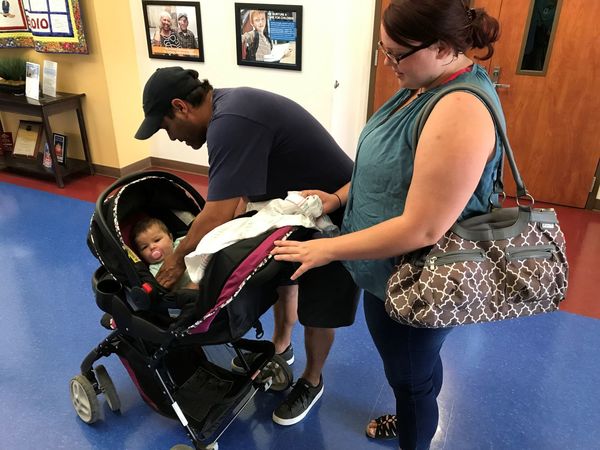By DJ DiDonna, LEO Board Member
Economics is sometimes called the “dismal science.” The most popular explanation for this characterization is that it originated as a reaction to an economist’s prediction that mankind was doomed to perpetually outgrow our food supply. Others believe it stems from the typical economists’ overbearing supply of tweed and double-pleats.*
For our latest blog series (read the companion story) on LEO during COVID, we’ve uncovered a third explanation for why economics is so dismal: it’s a well-known secret within academia that economists secretly love catastrophic events. Why? Because big shocks provide excellent opportunities to run natural experiments.
Dismal jokes aside, mass shifts in our lives, especially those that come with policy shifts unevenly distributed across the country, can help us learn what works and what doesn’t in ways that theorizing could only guess. If there’s a silver lining around our new reality in the pandemic, it’s that LEO (and social scientists everywhere) has an opportunity to push the boundaries of our understanding forward during this period of uncertainty.
Introducing Dr. Patrick Turner
To find out what LEO is learning through the pandemic, I spoke with Research Faculty member Patrick Turner. Patrick is one of LEO’s most recent faculty hires, a labor economist from the University of Colorado whose research focuses on migration and employment programs.
Before the pandemic, Patrick was working with several organizations located in Texas as part of LEO’s most recent research cohort series, which brings nonprofit leaders from around the country together to co-design and implement innovative approaches to solving poverty. As the new reality of the pandemic set in for the cohort participants, Catholic Charities Galveston-Houston (CCGH) doubled down on their commitment to evaluate their programming, despite financial and operational headwinds.

Using Targeted Funds to Prevent Homelessness
Once the pandemic hit, CCGH received emergency funding to prevent homelessness through rental assistance. Promising research—from LEO’s own Rob Collinson among others—is finding that stable housing can play a critical role in preventing people from experiencing homelessness. But what policymakers—and others across the nation—want to know is how to best distribute those funds. Should the payments go to those experiencing poverty, or directly to the landlords themselves? Each approach has downsides; individuals experiencing poverty may not put that money to housing but landlords might exploit the funding for fraudulent purposes.
To find out, Patrick and the LEO team will work with CCGH as they distribute these emergency housing funds. Applicants to the housing program will be put in one of three categories; a portion of the applicants to the program will be paid directly, some will be paid via their landlords, and others—not enough funding exists to provide all applicants with financial assistance—will not receive any aid, and serve as the control group. LEO will then track participants in the study through a variety of information sources: credit bureaus, postal change of address filings, surveys, and a regional homeless management information system (HMIS) database. They’ll use this information to determine what effect emergency rental assistance has on housing stability, spending, and other metrics of health and income.
———
Patrick’s eager to see how the results of Catholic Charities Galveston-Houston’s intervention play out; never before has the way in which relief is paid out been so closely studied. Could direct payments to those on the verge of homelessness reduce administrative burden—and cost—for donors? What if recipients don’t actually use the money for housing...but they end up better off than the other groups in the study? Turner is hopeful that LEO’s work with CCGH could inform broader policy discussions around unconditional cash transfers targeted at households in financial distress.
Other members of the LEO team are hard at work on other pieces of the puzzle in the emergency financial assistance (EFA) space, including projects in Atlanta (LEO co-founder Bill Evans), Chicago (Assistant Professor Rob Collinson), and Seattle (Research Professor David Philips).
I’m not sure about you, but this is far from the most dismal news I’ve heard recently.
———
*Okay, maybe the author’s bias artistic license shining through here.